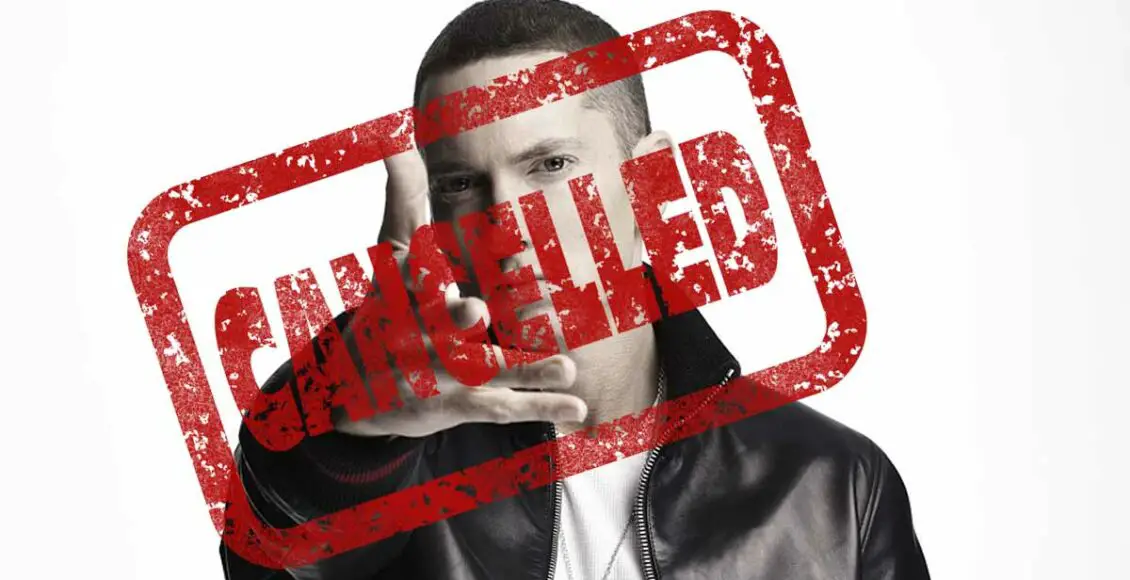The cancel culture has been a highly debated topic for the past few years. The latest example is the attempt to cancel Eminem, the iconic rapper and songwriter who has sold over 220 million records worldwide. While Eminem has always been known for his controversial and provocative lyrics, some now consider them offensive and harmful. Gen Z, born between 1997 and 2012, has been leading the charge against the rapper, calling him out for his past lyrics and behavior.
However, millennials, those born between 1981 and 1996, are pushing back against this sentiment and defending Eminem. They see him as an artist who has made a significant contribution to the world of rap music and his lyrics as a form of creative expression. In addition, many millennials praise his lyrics and criticize modern rappers, arguing that they are too focused on style over substance.
The recent TikTok post by a Gen Z user calling for the cancellation of Eminem received a lot of attention, with over 120,000 likes. However, it also sparked a wave of backlash from Eminem fans defending him and his music. Some have even joked that if Gen Z tries to cancel him, Eminem will cancel them right back.
@laurenoakley88 Dear Gen Z.. #WeStan #eminem #lifestyle #millennial #genz #rap ♬ original sound – clodagh
While some of Eminem’s lyrics have been criticized for their controversial content, his fans argue that his intention was never to offend but to shock his audience and make them think. As one fan on Twitter said, “You can’t cancel someone for being offensive whose entire point was to be offensive.”
In response to the attempted cancellation, Eminem released a new song titled “Tone Death,” declaring that he would not be silenced. The song includes lyrics suggesting he will keep producing music, even if it causes offense to some people. Eminem’s fans have also pointed out that previous attempts to cancel him only made him more popular.
“I won't stop even when my hair turns grey (I'm tone-deaf) / 'Cause they won't stop until they cancel me” #ToneDeaf lyric video up on my channel- https://t.co/kd4Iw5j9TI pic.twitter.com/nw1Q2eUyzN
— Marshall Mathers (@Eminem) March 5, 2021
The attempt to cancel Eminem highlights the generational divide in the cancel culture. While Gen Z sees it as a way to hold people accountable and promote a more equitable society, older generations like millennials see it as an attack on free speech and a form of censorship. The debate around cancel culture is complex and nuanced, and it is crucial to consider the context and intentions behind the behavior being criticized. Ultimately, the art of cancel culture should be about creating a culture of accountability, not about silencing voices or promoting hate.



